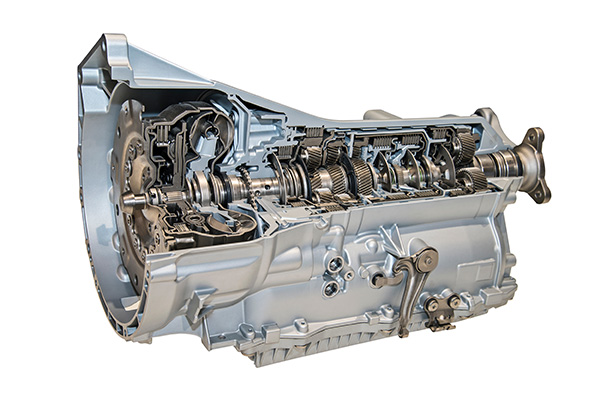
Your car’s transmission is one of the most critical components of your vehicle. It transfers the power from your engine to the wheels. But when the transmission starts to falter, it’s not something you can ignore. Transmission problems can quickly escalate, leading to costly repairs or even complete transmission failure if left unchecked. So, how do you know if your transmission is in trouble?
Strange Noises When Shifting Gears
Ever noticed a grinding, clunking, or whining sound when you shift gears? This is one of the earliest and most obvious signs of a transmission issue. Automatic transmissions are designed to shift gears silently and seamlessly, so if you’re hearing unusual noises, something is likely wrong. These sounds can stem from worn-out parts, low transmission fluid levels, or even internal damage. Ignoring these noises could lead to more severe problems down the road, so it's wise to get your vehicle checked out sooner rather than later.
Slipping Gears
One of the scariest things that can happen while driving is feeling like your car has suddenly slipped out of gear. Gear slipping is not just an inconvenience—it’s a safety risk. If your transmission is slipping, you might notice a lack of acceleration or a sudden change in the engine’s RPM without any corresponding change in speed. This usually indicates that your transmission is struggling to maintain the right gear, which can be due to worn clutch plates, damaged gear synchronizers, or even low transmission fluid. Don’t ignore this warning sign; it can put you and other drivers at risk.
Delayed or Rough Shifting
Is your car hesitating before it shifts gears, or do you feel a jolt when it finally does? Delayed or rough shifting is another telltale sign that your transmission is struggling. For automatic transmissions, shifting should feel almost effortless. If there’s a delay or a noticeable jerk when changing gears, it could mean the transmission fluid is old or contaminated or there’s an issue with the transmission control system. Getting this checked out early can prevent further damage and save you money on extensive repairs.
Burning Smell Coming from Your Car
A burning odor is never a good sign when it comes to your vehicle. If you notice a sharp, acrid smell coming from under the hood, it might be due to overheating transmission fluid. This fluid not only lubricates the moving parts inside the transmission but also helps cool it down. When the fluid breaks down due to heat, it loses its effectiveness, leading to increased friction, heat, and wear. If left unchecked, this can cause significant damage to your transmission, so it’s best to address it immediately.
Fluid Leaks Under the Car
Transmission fluid is vital for keeping your transmission running smoothly, and it’s typically a bright red or pink color. If you spot a red puddle under your vehicle, it’s a clear sign that your transmission is leaking. Low transmission fluid can lead to a whole host of problems, including overheating, slipping gears, and eventual transmission failure. Leaks can occur from worn seals, damaged gaskets, or cracks in the transmission casing. Fixing a minor leak is far more cost-effective than dealing with a completely failed transmission, so it’s best to get it checked out as soon as possible.
Warning Lights on Your Dashboard
Your car’s dashboard is full of indicators designed to keep you informed about the health of your vehicle. One of these is the transmission warning light, which could be a simple "check engine" light in some models. If this light comes on, it’s a signal from your car’s computer that something isn’t quite right with the transmission. While it doesn’t pinpoint the exact problem, it’s a sign that you should take your vehicle in for a diagnostic check. Ignoring this light could mean missing out on early detection of a transmission issue, which can lead to more expensive fixes later on.
Car Shakes or Vibrates at Certain Speeds
Feeling a constant shaking or vibrating sensation while driving at certain speeds? It’s not just an annoyance; it could be a sign of a transmission problem. At the same time, vibrations can also be due to issues with tires, alignment, or engine mounts. A failing transmission can cause the car to shudder, especially at lower speeds. This phenomenon is often referred to as "transmission shudder" and is usually due to issues within the torque converter or worn-out transmission components.
Don’t let transmission problems leave you stranded. Trust Valley Automotive for reliable transmission repairs and maintenance. Our experienced team is ready to get your vehicle back in top shape. Call us now to book a service!